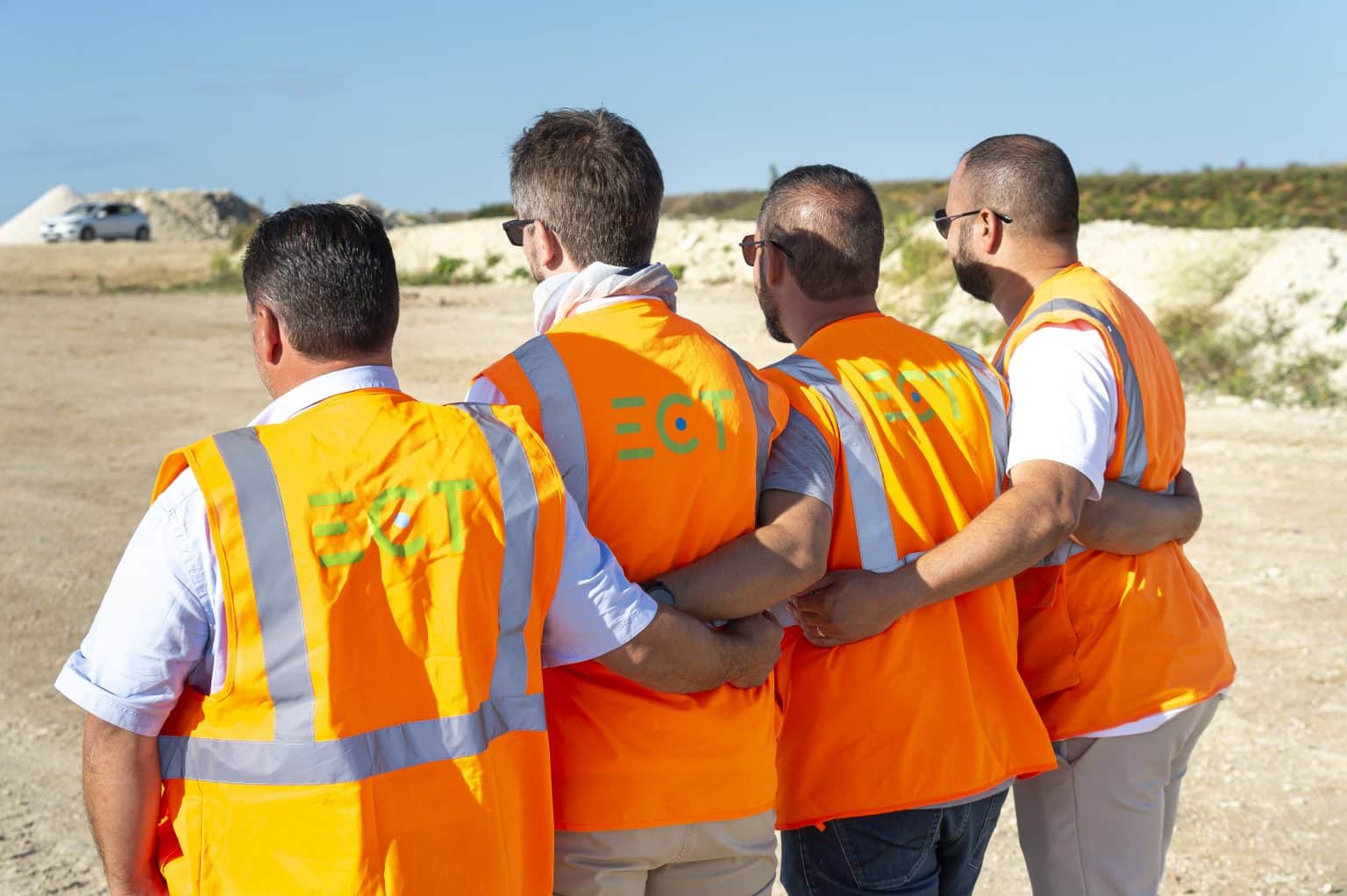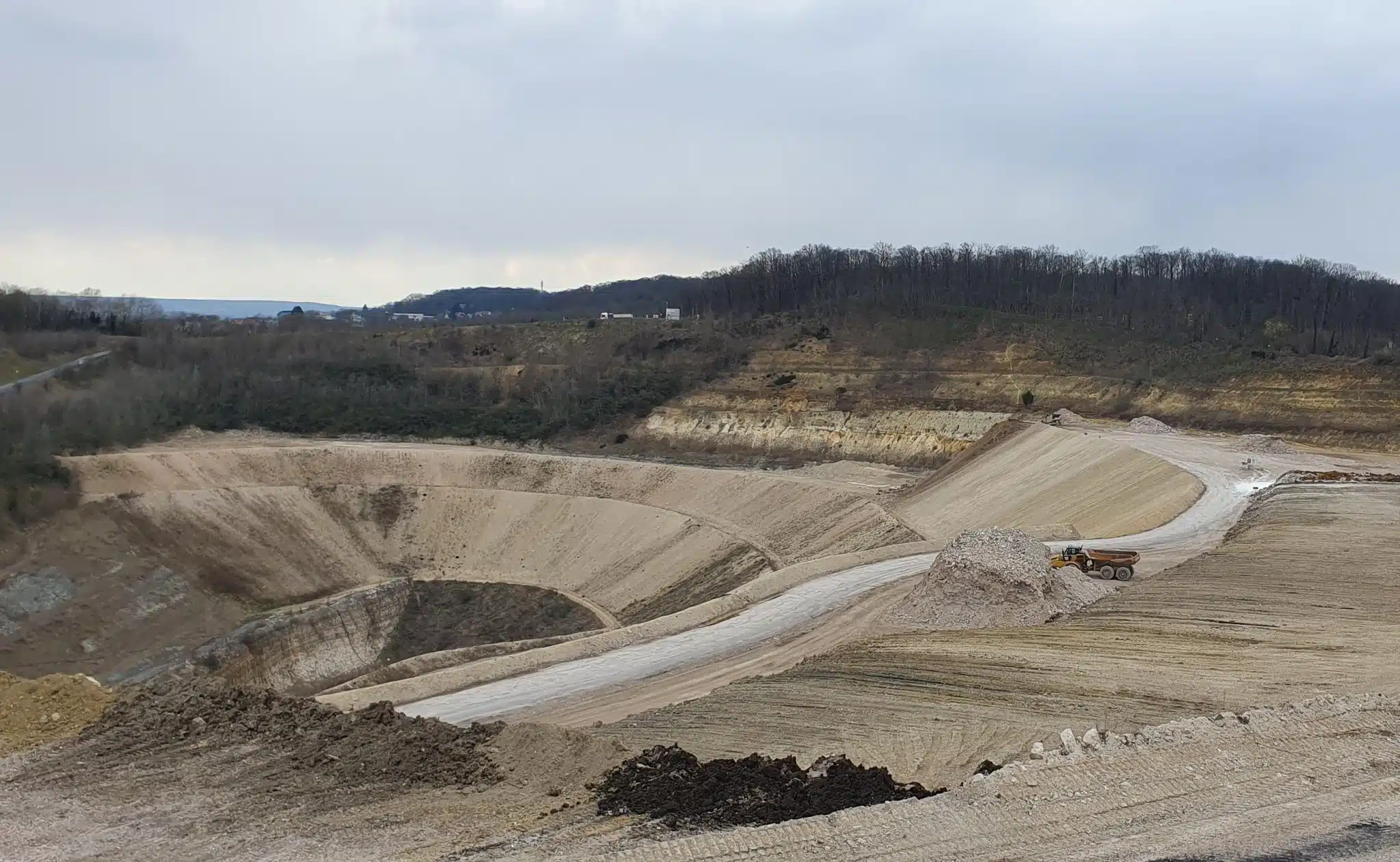
Interview with Pauline Richard, ECT Human Resources Manager
Ecological transition, energy balance, CSR, carbon footprint, waste recovery. All terms that make most of us dizzy. And yet this is one of the major challenges of this century, which we must take into account in our day-to-day decisions. And what is valid in our private circle is even more so in the corporate world, which has a fundamental role to play in turning the world around.
In the company, the steering of this transition is assigned to the Human Resources department which, as Alexandre Stourbe, Managing Director of Lab RH, points out, finds itself propelled to the rank of ” conductor of the ecological transition “It’s a real environmental culture that needs to be created within the company, and which the HR department needs to implement and manage.
Raising awareness and providing guidance: a first step
Overexposure of the subject in the media has had the effect of multiplying information sources to the point where this over-stimulation can have a counter-productive effect on our individual willingness to act in favor of the environment. It’s in this context that the HR role takes on its full meaning, helping to sort out information and supporting employees as much as possible in their learning process. The HR department then provides support in meeting the challenge of access to information. It plays an essential pivotal role between information and employees.
This information includes training all new employees in the company’s environmental policy and best practices.
In a company where machine operators rub shoulders with environmental technicians, account managers and accountants, it’s the company’s responsibility to ensure that everyone is properly informed. Knowing how to adapt to different positions and their concerns guarantees greater awareness.
The hiring of a biodiversity reference person has also enabled us to set up training courses for all staff on what biodiversity is, the causes of its collapse and the value of ecosystem services. All this information can lead employees to modify or encourage certain behaviors in favor of the living world.
This information and awareness-raising phase is recognized as necessary. However, everyone agrees that the current environmental emergency calls for awareness-raising to take second place to action.
Leading by example!
As Cleopatra says to Amonbofis in the well-known film: “That ‘s the problem, you always do what we always do!
The first action of the HR department is to get the company’s departments and their employees to think about the ecological transition and how we can help the company make this transition. For HR, the first challenge is to change mindsets and internal processes.
These include printing only what’s strictly necessary, printing on both sides of the page, sorting waste garbage cans in the office, using electricity wisely and practicing eco-driving.
Over the past 4 years, the HR department has implemented electronic pay slips and a time management tool that has eliminated the need for leave requests, individual interviews and time tracking in paper format. This also includes the introduction of water bottles for all employees to limit the use of plastic bottles.
The role of the HR department is also to support and relay the actions of other departments, such as the dematerialization of discharge slips, the use of recycled paper, and the implementation of waste sorting in administrative premises as well as on site.
This transition must also involve the development of employee skills. Training courses have been set up in IT tools, a business software package that facilitates the dematerialization of exchanges, and training courses on the integration of clean vehicles into the company fleet. The role of HR is to ensure that all employees have the resources they need to make progress towards this ecological transition.
Finally, the role of the HR department is to monitor and contribute to the effectiveness of the environmental management system, which is a synthesis of the actions undertaken. For ECT, whose business is part of a circular economy, that of recycling excavated soil, the ecological transition is a key issue. This involves formalizing a CSR approach, implementing and monitoring a biodiversity action plan, analyzing GHG emissions and establishing a trajectory for reducing these emissions. If these actions are to be effective, human resources must be one of the keys to the day-to-day application of the company’s policy for the ecological transition.



